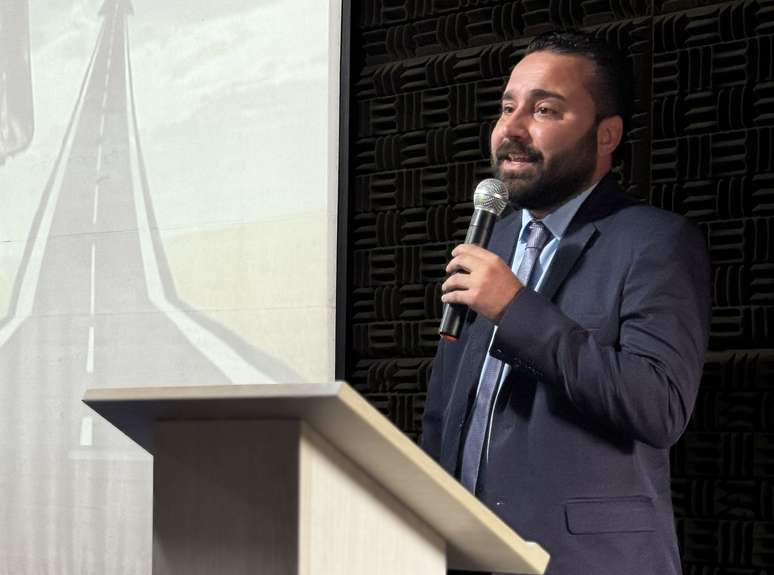How many qualified professionals are being sold at the expense of those who have followers but no training? According to reports from several international press portals, a law that came into force in China at the end of October provides that influencers cannot talk about areas such as law, medicine, finance and education without demonstrating training or specialization.
The regulation would be issued by the State Administration of Radio and Television (SART), together with China’s Ministry of Culture and Tourism (MCT).
While I couldn’t independently verify the information, the Chinese regulation reminded me of a problem that I see plaguing Brazil as well: the number of influencers who become references in fields in which they had no training whatsoever.
Brazilian context
It is nothing new that education in Brazil is being devalued and this devaluation is so deep-rooted that it takes on the most diverse forms, some more explicit, others more subtle.
Parallel to this, social networks have created the opportunity for any individual to make themselves known and become a reference in some area. So, naturally, they brought new possibilities for social mobility.
In this context, if it is possible and legal for me to open an Instagram profile to talk about food, economics, education or any other area without having a degree, why take the path of a degree?
After all, let’s face it, the values are so inverted that often what makes a professional reliable on social media is not his qualification, but rather the number of followers. If the professional profile does not have much engagement, opinions and followers, the interpretation is that he is not a good professional. In this context, why spend four years at university when I can spend that time thinking about how to engage my page?
Lack of respect towards the public and professionals
The result is a multitude of professional profiles of people who have never graduated in the fields we are talking about. In fact, the lack of respect is so great that many find it important to add the term “expert” to their social media bios.
I went through a fitness phase and the algorithm suggested a large number of profiles selling weight loss courses and diets. Many of them, after studying a bit, didn’t have any kind of training in nutrition or anything like that, but they had thousands of followers and high engagement. They probably make millions.
Here we are faced with a total lack of respect for the public that follows them, but above all for true professionals and for Brazilian education.
How many highly qualified professionals are being sold at the expense of those who have followers but no training? This cannot be trivialized.
How many professionals, in addition to all the demands, need to think about how to try to have some kind of involvement in networks to validate their quality? This is cruel.
What should Brazil do?
I believe that the essence of Chinese regulation should serve as an example for Brazil. I understand that there is an interpretation that full freedom to create profiles and sell courses/products seems to take on a form of inclusion, but the negative externalities are not trivial.
In this context, there must be policies that guarantee access to and permanence at university.
Those who do not believe in education, have given up on academic training and want to try their hand at social networks, cannot simply follow this path by producing content regarding the field whose training they have chosen to trivialize. It’s absurd, it’s bad for society, for professionals and for the very idea of knowledge.
______
Vozes da Educação is a weekly column written by young people from Safeguarda, a social volunteer program that helps Brazilian public school students enter university. The founder of the program, Vinícius De Andrade, and the students assisted by Safeguarda in all states of the federation take turns writing the texts. Follow the program’s profile on Instagram at @salvaguarda1.
The text reflects the opinion of the author, not necessarily that of DW.
Source: Terra
Rose James is a Gossipify movie and series reviewer known for her in-depth analysis and unique perspective on the latest releases. With a background in film studies, she provides engaging and informative reviews, and keeps readers up to date with industry trends and emerging talents.

![[Coluna] Influencers cannot replace education [Coluna] Influencers cannot replace education](https://p2.trrsf.com/image/fget/cf/774/0/images.terra.com/2025/10/30/1659995403-67334985354.jpg)





